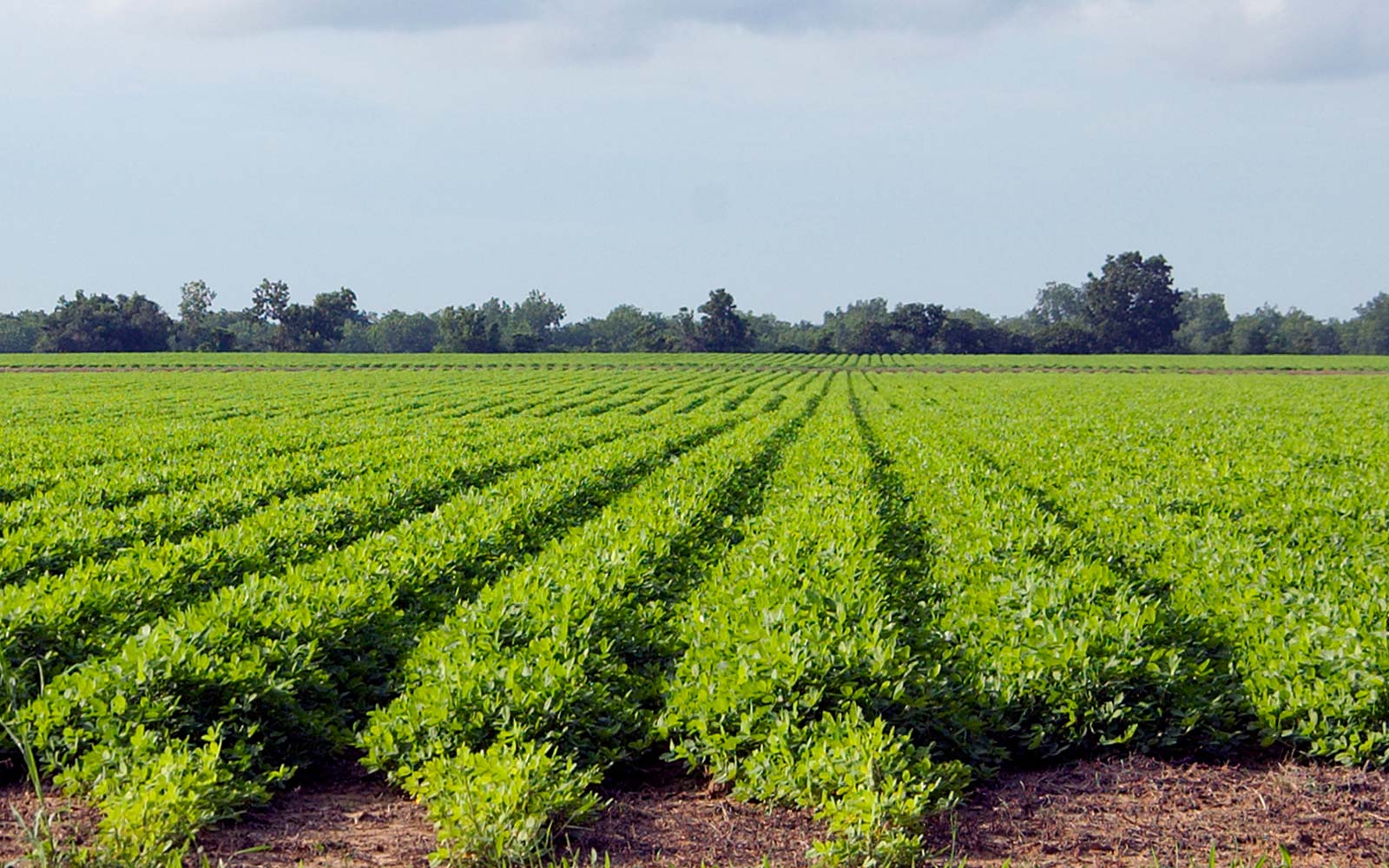At the sight of stunted plants and misshapen pods, peanut growers know they are seeing symptoms of a big problem – tomato spotted wilt virus (TSWV). TSWV, which is transmitted by thrips, can infect a wide range of plants. This includes all varieties of peanuts.
TSWV can be devastating to a crop, causing plants to become severely weakened or die. Steps to prevent infection or to lessen its impact are worth considering. University of Georgia suggests the following:
PEANUT VARIETY
While no varieties of peanuts are immune to TSWV, some are more resistant or tolerant than others. These varieties may be better options for your fields. However, it’s important to keep in mind that just because a peanut variety may be more tolerant to TSWV, that doesn’t necessarily mean it also has a higher tolerance to other diseases.
PLANTING
Thrips carrying TSWV are the only known method of disease transmission, and their populations tend to be highest in early spring. This means peanuts are also at increased risk of becoming infected with TSWV during this time. While optimum planting dates can vary, early-planted and late-planted peanuts tend to have a higher rate of TSWV. Aiming to plant your crop during the middle of the planting season can help reduce TSWV risk.
Additionally, higher plant population can help increase the number of healthy plants, reducing the impact of TSW. Uniform plant emergence and vigorous early growth can also reduce risk.
TREATMENT
While no single treatment or cultural practice has been found to be a consistent, effective control measure, Thimet® insecticide has demonstrated consistent suppression of TSWV in peanuts due to a defense response it induces. This allows the peanut plant to better resist infection and inhibit virus replication, making Thimet a good option for protecting vulnerable fields.
TILLAGE
Strip-tillage has shown some promising results in reducing the number of thrips in peanut fields, which can reduce the risk of TSWV infection. However, research found that strip-tillage can sometimes impact yield as well. Additional tillage research is important to determine which method is right for your situation.
Above all, minimizing risk is key to controlling TSWV and reducing potential yield loss. For more information on TSWV, check out the Peanut Rx guide. Additionally, AMVAC® is here to help you navigate this challenging disease. Visit our website to learn more about Thimet or to find a field rep near you.
For more tips and product information, visit AMVAC.com.
©2019 AMVAC Chemical Corporation is a wholly owned subsidiary of American Vanguard Corporation. All rights reserved. AMVAC, Thimet and respective logos are trademarks owned by AMVAC Chemical Corporation.
Thimet is a restricted use pesticide. Important: Always read and follow label instructions. Some products may not be registered for sale or use in all states or counties. Please check with your state agency responsible for pesticide registration to ensure registration status. All products are EPA registered.
